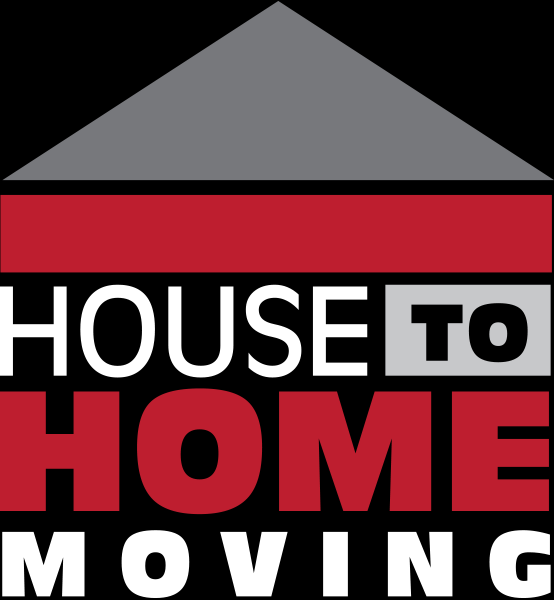 Do not sign blank documents
Do not sign blank documents
Don’t sign blank or incomplete estimates, and do not use any moving company that asks you to do so. If the mover asks you to sign incomplete documents the day of the move, tell it you need to reschedule and then use a different moving company. A mover can scam you by having you sign an incomplete estimate and then adding charges you never agreed to.
Choose companies that charge based on weight
Most legitimate movers charge based on the shipment’s weight. A few moving companies charge based on the volume of your cargo, measured in cubic feet, but it’s much easier for a moving company to overcharge you this way. Your best bet is to ask how the company figures its rates and to only get complete quotes from ones that charge per pound.
Get an accurate inventory list
When it gives you the written estimate, the moving company should also provide a full inventory list of everything it will move. The inventory is sometimes called a cube sheet or table of measurements. Get a copy and check it carefully for accuracy. Make sure each piece of furniture is on the list, including smaller items like end tables. It should also include an approximate number of boxes.
Consider your moving date
The time of year significantly affects moving costs, with higher charges during the summer. When you get your quote, ask whether the price would change if you adjusted the date by a few days or weeks. Also ask how long the quote is good for. If you wait too long to book the move, you may need to get a new quote.
How to avoid an inaccurate quote
Read all your moving paperwork carefully, including your estimate. You need to read all the fine print to avoid a moving scam or unexpected expense. If anything on your estimate seems unclear, ask the moving company to provide specific details in writing. If charges seem unreasonable to you, get a quote from another company. Only sign an estimate and officially hire the mover if you feel confident in its trustworthiness.



